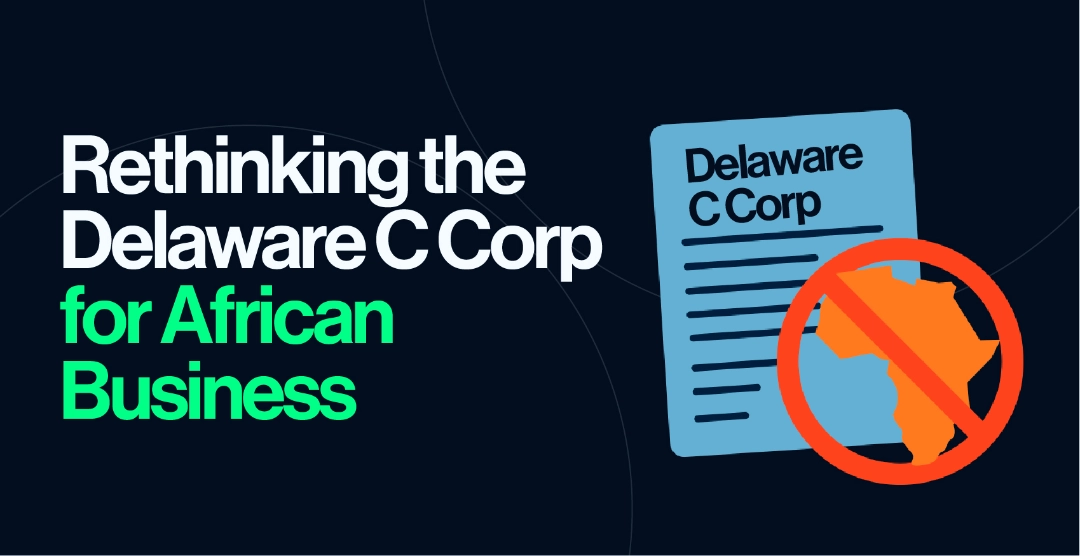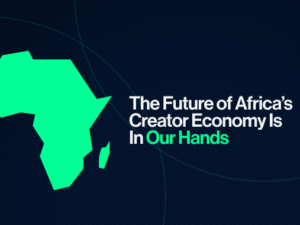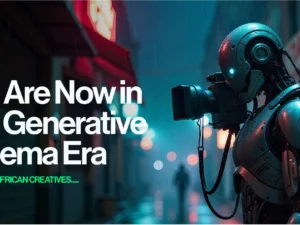For years, setting up a Delaware C Corp was the unspoken rule for African founders and creatives chasing global capital. It made sense, investors understood it, the paperwork looked clean, and it gave your business that Silicon Valley shine.
But let’s be honest: the model was never built for us. Not for African entrepreneurs and definitely not for the way business is actually done on this continent.
And lately, the cracks are harder to ignore.
Delaware is expensive. It’s rigid. It’s disconnected from the layered, collaborative, informal-but-powerful ways African entrepreneurs and ventures operate. Even worse, we’ve seen African businesses blindsided; U.S.-based accounts frozen with little notice, global sanctions affecting access to platforms, tax complications that don’t reflect how income flows here. Structures meant to help now often get in the way.
Africa is still just getting started, and there’s more we will see developed and launched in the years ahead. This shift needs structures that move with us. Ones that recognize our ambitions without forcing us into boxes built across the ocean.
At Itana, we’re seeing that shift happen in real time. Founders are asking new questions:
→ What kind of entity gives me legitimacy but still reflects how I operate?
→ Can I attract global capital without being trapped in U.S. tax law?
→ What if I want to build here, scale across the continent, and still speak the language of investors?
The answer isn’t always “Delaware.” It’s here, in Lagos!
Because if the future of African business is creative, distributed, and borderless, maybe it’s time our business structures were too. Curious about how Itana is helping Africa’s entrepreneurs structure differently?
Let’s talk — [Book a free consultation with me here.]





